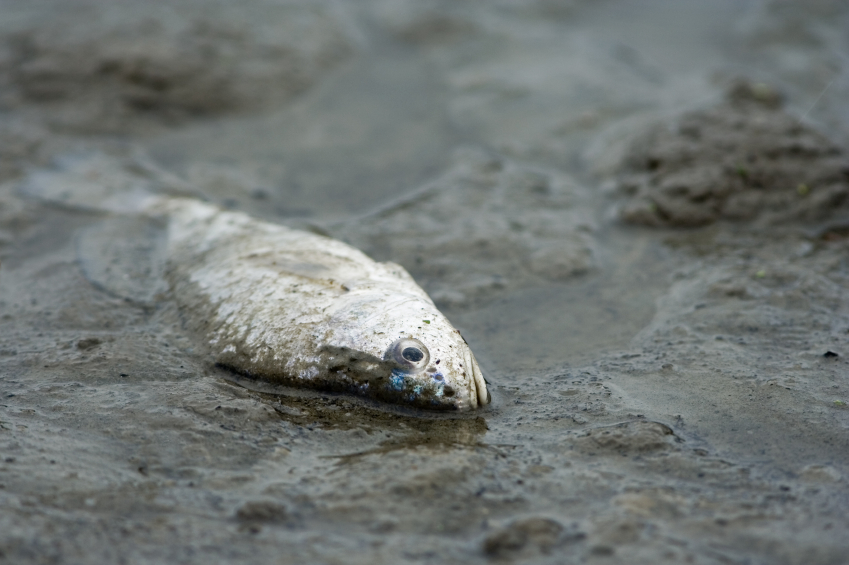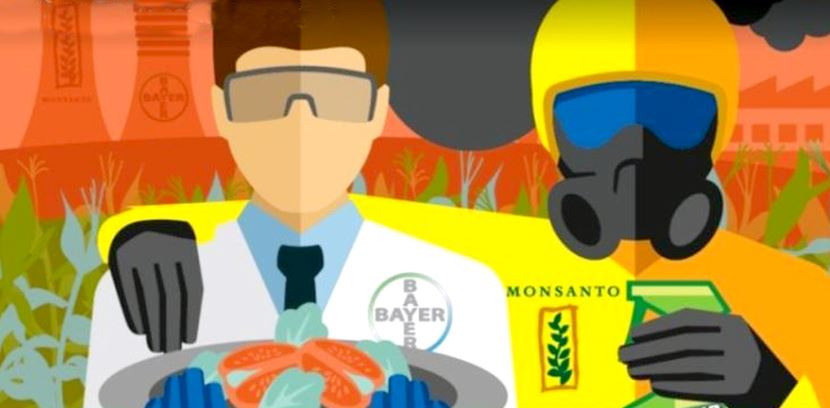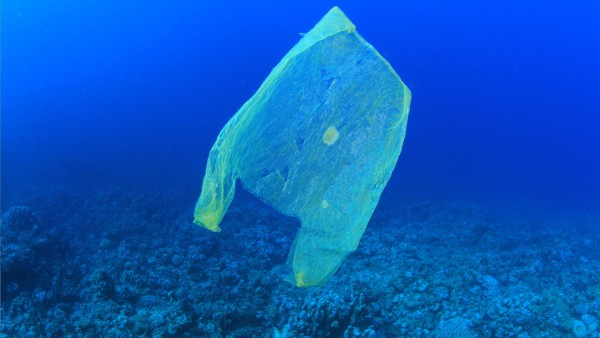RAT POISON USE has resulted in new “super rodent” rats that are immune to chemical poisons
02/17/2018 / By Isabelle Z.

No one wants to have rats in their home, but it turns out that using rat poison to deal with the pests could ultimately have the opposite effect. British households are being warned that rats are growing resistant to poison because of a genetic mutation known as L120Q. This mutation essentially renders the poison ineffective, which means that rats could soon plague homes throughout the UK.
University of Reading scientists have recently discovered the wide reach of L120Q resistance throughout central southern England. While data for other parts of the UK was not immediately available, experts believe that this gene could spread quickly throughout the country’s rat populations and create a major problem for residents.
According to the British Pest Control Association’s Dee Ward-Thompson, this could pose a “significant risk to public health” if nothing is done to stem the problem. Poison-resistant rats have been rising in numbers in recent years, and additional surges are expected.
Late last year as winter approached, the country was warned of rat invasions as dropping temperatures forced the rodents from places like sewers to seek warmth inside homes, bringing a host of diseases along with them. Rats can carry around 35 diseases, including rat bite fever and leptospirosis. Because they can have as many as 72 babies per year, they can multiply rather quickly and cause very dangerous infestations.
Strongest type of resistance ever identified
The study found that L120Q is the strongest type of resistance to rodenticide that has ever been identified. Experts believe that the spread of this mutation can be largely attributed to the use of rodenticides by amateurs, such as people using these products to deal with rats at home or in their businesses. Professionals, on the other hand, must adhere to strict legislation.
There have been some reports of rats being found that are bigger than cats, and these “super rats” also have teeth that are strong enough to gnaw through walls and even concrete. Rats cause millions of pounds of damage to British homes each year. Some of this comes in the form of structural damage that occurs when they chew away at beams, and they can also cause fires by chewing through electrical cables.
Avoiding rat infestations
A Dorset pest control company warned earlier last year about a possible infestation of British homes that could see as many as 200 million rats. One expert says the rats are particularly drawn to garbage and the items stored nearby. He added that a lot of people place their garbage outside in plastic bags, and the rats seem to have a second sense of when the trash will be placed outside and scurry out to the bags shortly after they appear.
The British Pest Control Association warned that the typical home has more than 12 potential points of entry for the rodents. Holes and external gaps in homes, for example, should be sealed.
People can also take steps to make their homes less appealing to rats. They should keep their garbage lids closed at all times and remove all potential sources of food and water. Covering compost heaps is advised, while pet food bowls should be put away overnight. It is also important to tidy up gardens and yards to remove any potential nesting sites, paying particular attention to piles of debris and overgrown areas.
Sources for this article include:
Tagged Under: chemicals, pesticide resistance, rat infestation, rat poison, Rats, rodenticide, super rats, weird science



















